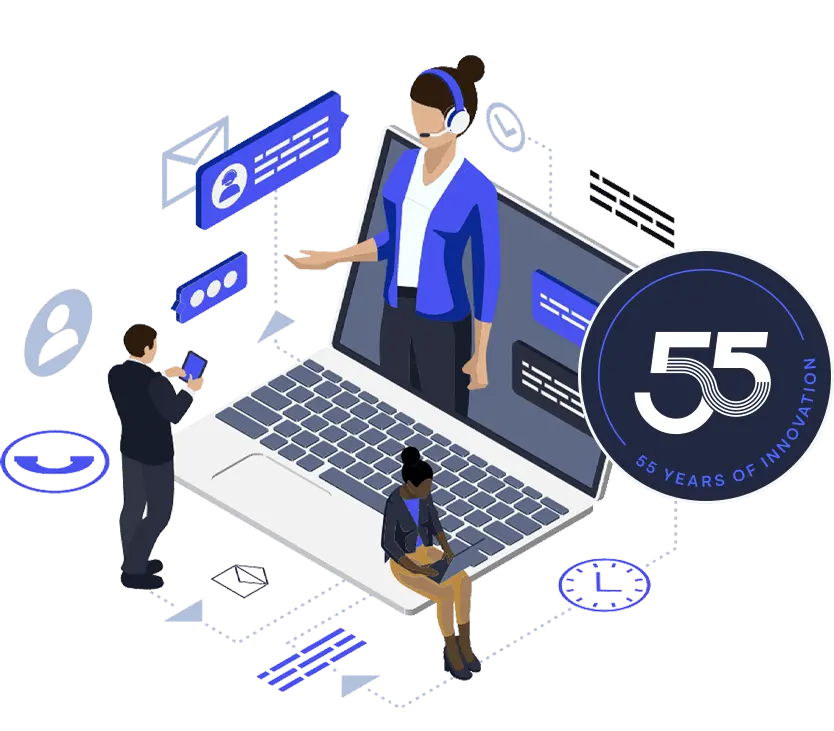Everyone is becoming more aware of security and fraud these days. Be it dodgy texts, e-mails with suspect attachments or people on the phone claiming to be your bank, insurance company or even HMRC.
Fraud is on the rise and with ever more daring and imaginative attacks.
I myself was a victim of hacking when someone stole my Nectar points. I had been dutifully collecting points for a couple of years and it was approaching “wine time” (what else is there to spend them on) but was shocked when I logged in to see my balance sitting at a few hundred, the vast majority had vanished!
Apparently, I had spent my points in Argos in Bolton on a very nice photo printer (I live in Scotland)
Nectar handled it extremely well, restoring my balance, but it got me thinking: I can cope with lost Nectar points, but what if someone had emptied my bank accounts!!
I quickly took steps to beef up my personal digital security (something everyone should do), but that was just at my end. What about the organisations I deal with?
Does this all sound like some sophisticated, hi-tech scam? Have a quick look at this video and see how an expert gets personal data from a contact centre in under a minute..
I now think much more carefully about security and consider the arrangements the companies I also deal with have for security.
When a contact centre agent asks me to verbalise my card number for a payment, I think “really?”. How do I know the agent isn’t writing the number down for some criminal gang to steal and wreak havoc?
There are tested solutions now that protect me (and everyone else) from the risks associated with handing over your payment details.
SVL’s Payment Card Industry (PCI) solution allows customers to enter their card number via their telephone handset but flattens the tones before they reach the agent, so the card data is never exposed to the agent or the call recording platform.
In addition to the security benefits, this solution de-scopes the call centre from PCI. While it may be possible to get a security assessor to sign-off less robust solutions by employing compensating controls etc., handing over my card details in this way makes me uneasy.
There are authentication solutions available which make life very difficult for fraudsters.
Organisations that rely solely on knowledge-based authentication (maiden name of my first dog’s mother-in-law) seem old-fashioned and feeble in the face of today’s sophisticated hackers.
When I deal with companies using voice biometrics for authentication, I form a much more positive perception about their security measure.
Voice biometrics works by digitizing a profile of your speech to produce a stored model voice print. The tones collectively identify your unique voice print. Voice prints are then stored in secure databases in a manner similar to the storing of fingerprints or other biometric data.
NICE Real Time Authentication uses voice biometrics for authentication and is a rare product (in my experience at least) as not only does it gives a caller a real sense of security, from the contact centre’s perspective it can simultaneously improve customer experience, improve operational efficiency, improve security and reduce fraud
Companies I deal with are under a lot of pressure to comply with regulations and legislation to protect customer data. However, as customers (like me) become much more aware of our own data security, we will only trust organisations who guarantee that security. Creating a positive perception as gatekeepers of our data is vital for the ongoing success of the contact centre industry and will be invaluable in winning and retaining customers.
By investing in the right technology, companies can meet the demands of both regulations and customers and often bring down costs at the same time.
David Kindness has worked in the contact centre industry for over 20 years and is a Director of SVL Business Solutions.







